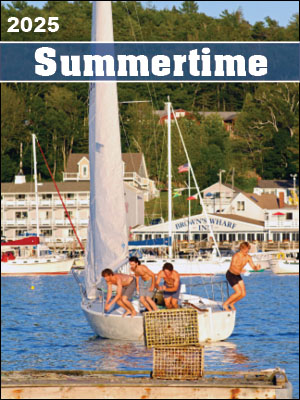Expanding the affordable housing options
Dear Editor:
Recently, there have been two widely publicized housing developments in the region funded with affordable housing funds and celebrated as a great step forward in righting the “underproduction of housing.” Such is the cause attributed to the housing shortage by state studies. However, I identify the deeper reason for the ever-expanding wealth divide, engineered by Maine's centrally managed economic development policy.
News Center Maine reports Governor Mills as saying,” We don't have the 70 to 80,000 homes that the study said we need in the coming years, but my goodness, we're doing it creatively." This target figure is repeated across the media and is credited to State of Maine Housing Production Needs Study
However, the quoted study does not support the quoted target. The study states the target as “between 38,000 and 46,000” new homes needed by 2030. (pg 54)
The study includes short-term rentals, differentiating them from “seasonal homes’ but merges them with “seasonal homes” in the total, calculating that 6,400-7,900 new “seasonal homes” are needed. The seasonal homes are not designated to be in “priority zones” and so are treated as the default, with all other purposes requiring a prioritized zone by the state-wide municipal ordinances.
The study reports that the majority of renter households below 60% of Area Median Income (AMI) in Maine are cost-burdened, with the highest rates of cost burden in the Coastal Region.
The 60% AMI is not being adequately addressed by the affordable housing solutions in our region. In addition, the study includes many types of housing but does not include housing for businesses located in or attached to a home, or the growing remote workers movement, requiring workspace in a home.
I am proposing that Business in Residence Zoning be accommodated, and would like to start a non-profit organization called Land-to-Individuals.org, which can make housing affordable to the unrepresented 60% AMI demographic by eliminating the middleman. Three people are required to start an organization. You can read more about it in the link, where there is a contact form.
Susan Mackenzie Andersen
Boothbay Harbor
























